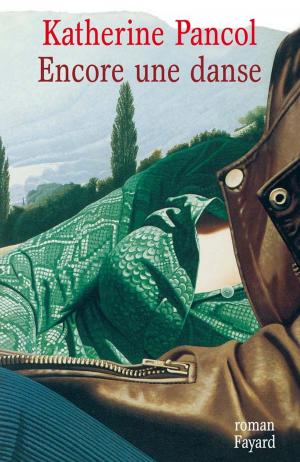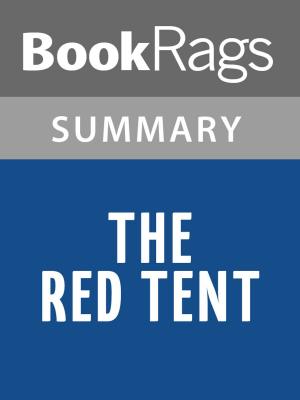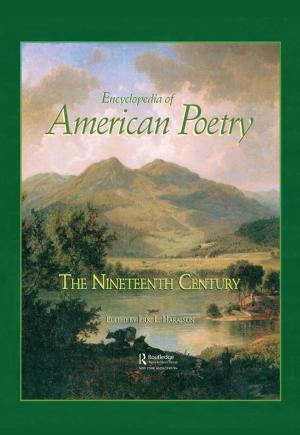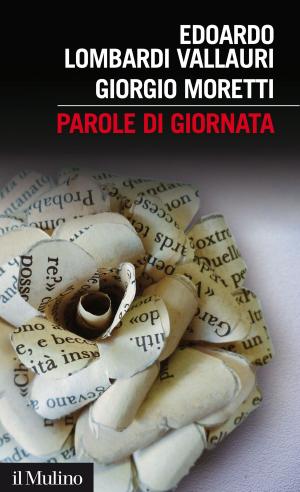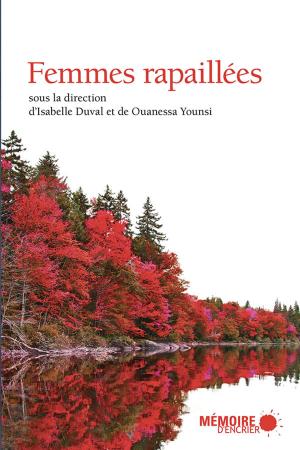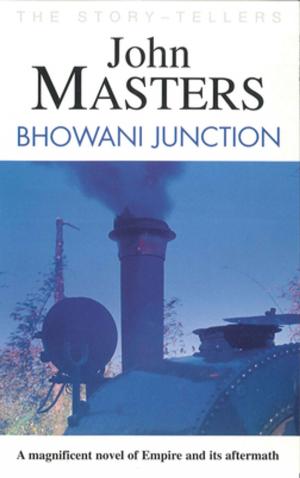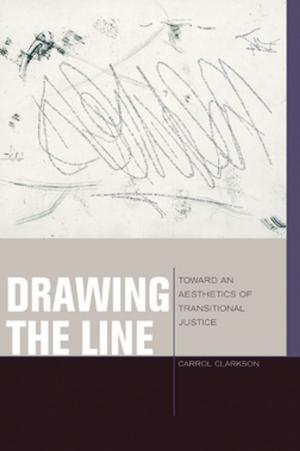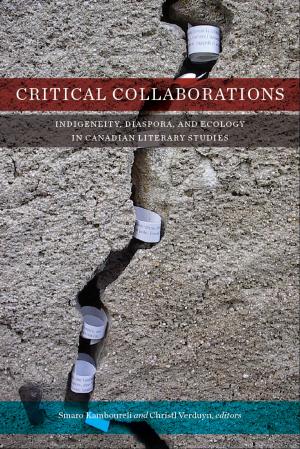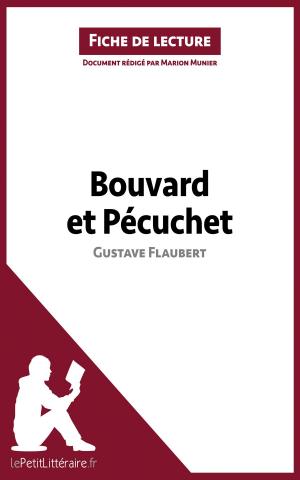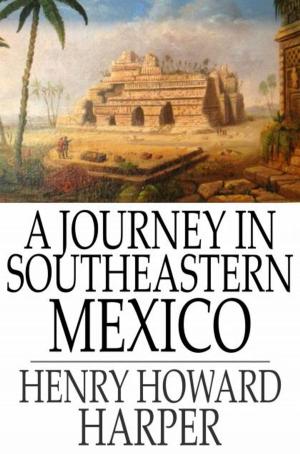The technicalities of the football. Ideas for analysis of Italian soccer
Nonfiction, Sports, Football (Soccer), Reference & Language, Language Arts, Journalism, Fiction & Literature, Literary| Author: | Gioacchino Roberto Di Maio | ISBN: | 1230000243274 |
| Publisher: | Gioacchino Roberto Di Maio | Publication: | May 29, 2014 |
| Imprint: | Language: | English |
| Author: | Gioacchino Roberto Di Maio |
| ISBN: | 1230000243274 |
| Publisher: | Gioacchino Roberto Di Maio |
| Publication: | May 29, 2014 |
| Imprint: | |
| Language: | English |
The following work has as its object of study what are the main characteristics of the language of football, being considered as a special language, has specific properties .
The interest in this topic stems from my passion for the world of football, which sees me assiduously engaged in various fields , sometimes in the role of referee, " FIGC " , others as a reporter , as long collaborated with the newspaper the " Rome" and the weekly newspaper "Corriere dello Sport - Football All Campania " , for what concerns the adventures of amateur football . A major thrust has also been given to me from an article by John Devoto, dating back to 1939, and published in the journal Florentine " Our Language ," in which the author wrote: " Until a few students do not completely devoid of imagination realizes that the history of Italian football lexicon is a topic more interesting and fruitful as the thesis of many other more or less distinguished and refried , matter now establish that the lexicon , however important in itself, is only a means of defining a language special : it is a part , without the possibility of sharp boundaries , as a whole , and the effect of contrasts in a language . "
The intent who will lead this work will be to describe the various stages of development of this language , with a historical approach , sociological and technical , which will allow us to understand how the game of football has been able to bring the phenomena of both sports, that costume , which bind to it their fortunes and survival.
Speaking to the sport will mean therefore refer to a real social phenomenon , that after the dawn of the " Florentine football ," was reported in
Italy in the late nineteenth century by sailors and traders return from England , as in the case of Edoardo Bosio, returned to Turin in 1887. Phenomenon , that if at the beginning seemed destined to be practiced only by the noble circles of society, quickly climbed over the fences of the large villas to land in suburban streets and lawns , thus promoting the emergence of a true rivalry , which led to the founding of the first teams and over time the organization 's first championship , won by Genoa in 1898 . incredible growth that football to this day , if you only think that originally was considered a minor sport , acting as a simple side dish to the main news and the rules of which were unknown to most people. One of the symbols of the devastating evolution of this discipline is the professional 's first chronicler , who had traveled on a football field, you note down the most important actions , and then bring them back in a short article in a newspaper, and from whose work , hand in hand with the technological innovations of the media , you are then generated many specialist roles as the commentator , the commentator , expert analysts of statistical or slow-motion replays .
The empirical phase of the project will focus its analysis on the language of journalism - football , taking into account a number of the Gazzetta dello Sport and the distinctive features of the various headings and the newspaper in general.
The following work has as its object of study what are the main characteristics of the language of football, being considered as a special language, has specific properties .
The interest in this topic stems from my passion for the world of football, which sees me assiduously engaged in various fields , sometimes in the role of referee, " FIGC " , others as a reporter , as long collaborated with the newspaper the " Rome" and the weekly newspaper "Corriere dello Sport - Football All Campania " , for what concerns the adventures of amateur football . A major thrust has also been given to me from an article by John Devoto, dating back to 1939, and published in the journal Florentine " Our Language ," in which the author wrote: " Until a few students do not completely devoid of imagination realizes that the history of Italian football lexicon is a topic more interesting and fruitful as the thesis of many other more or less distinguished and refried , matter now establish that the lexicon , however important in itself, is only a means of defining a language special : it is a part , without the possibility of sharp boundaries , as a whole , and the effect of contrasts in a language . "
The intent who will lead this work will be to describe the various stages of development of this language , with a historical approach , sociological and technical , which will allow us to understand how the game of football has been able to bring the phenomena of both sports, that costume , which bind to it their fortunes and survival.
Speaking to the sport will mean therefore refer to a real social phenomenon , that after the dawn of the " Florentine football ," was reported in
Italy in the late nineteenth century by sailors and traders return from England , as in the case of Edoardo Bosio, returned to Turin in 1887. Phenomenon , that if at the beginning seemed destined to be practiced only by the noble circles of society, quickly climbed over the fences of the large villas to land in suburban streets and lawns , thus promoting the emergence of a true rivalry , which led to the founding of the first teams and over time the organization 's first championship , won by Genoa in 1898 . incredible growth that football to this day , if you only think that originally was considered a minor sport , acting as a simple side dish to the main news and the rules of which were unknown to most people. One of the symbols of the devastating evolution of this discipline is the professional 's first chronicler , who had traveled on a football field, you note down the most important actions , and then bring them back in a short article in a newspaper, and from whose work , hand in hand with the technological innovations of the media , you are then generated many specialist roles as the commentator , the commentator , expert analysts of statistical or slow-motion replays .
The empirical phase of the project will focus its analysis on the language of journalism - football , taking into account a number of the Gazzetta dello Sport and the distinctive features of the various headings and the newspaper in general.

